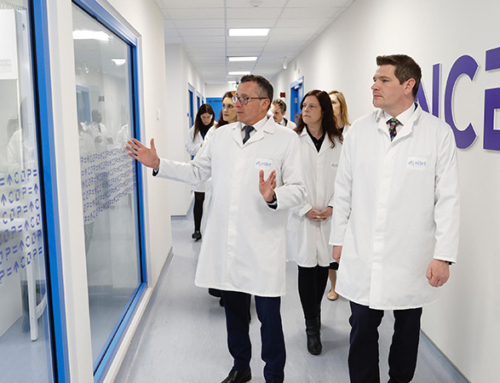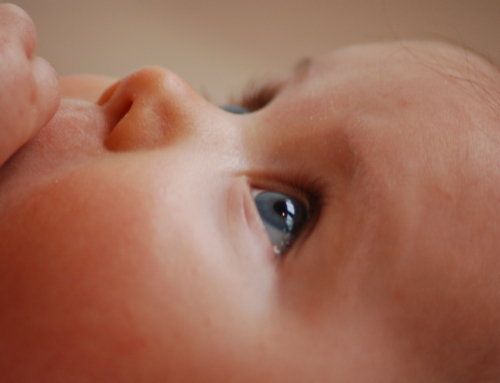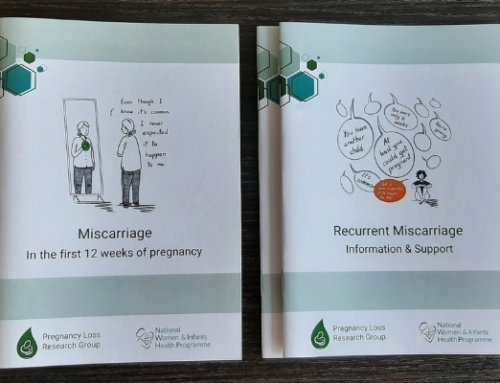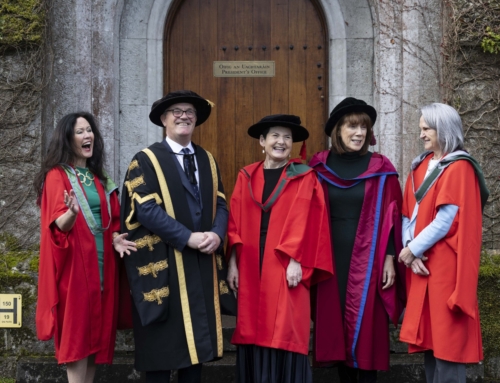Wednesday 08 July 2015
New research by INFANT researchers on the link between C-Sections and Autism Spectrum Disorder has been published.
Autism spectrum disorder, a condition characterized by an inability to connect to other people and repetitive, often unusual behaviours, is thought to affect about 0.62% of all children. Although it is understood that the condition follows genetic lines, scientists do not know what causes ASD. There is a suggestion that it may be linked to perinatal factors, including a Caesarean delivery as children born by Caesarean section are about 21% more likely to be diagnosed with autism.
A new study by researchers at INFANT confirms previous findings, but are stresses that this relationship does not mean Caesarean births cause autism. Instead, they suggest that some unknown genetic or environmental factors may lead to both c-section delivery and the disorder.

Eileen Curran presenting the results at the European Congress of Epidemiology in Maastricht, The Netherlands on 25 June at the opening plenary session.
Led by Dr. Ali S. Khashan, the researchers set out to investigate the relationship between the mode of obstetric delivery and autism. Looking at data from the Swedish registry, they focusing on all single, live births between 1 Jan 1982 and 31 Dec 2010. Following the children until diagnosis of autism, migration, death or the study end date. The full cohort consisted of about 2.7 million children and 1% (precisely 28,290) of these children were diagnosed with autism.
Nearly 80% of the children were born by unassisted vaginal delivery, 7.3% by assisted vaginal delivery (use of forceps or a vacuum device), 6.1% by elective section delivery and 6.5% by emergency section. Exploring the datasets, children born by elective cesarean section were 21% more likely to autistic.
When further comparisons and calculations were made, analsying the mode of delivery among more than 13,400 pairs of siblings where one child was diagnosed with autism and the other was not, the association did not hold up. They concluded that any link was likely due to unknown genetic or environmental factors and not because of how the child was delivered.
Based on the data, there is no evidence that birth by Caesarean section causes ASD. Because the association between birth by Caesarean section and autism did not persist in the sibling control analysis, we can conclude that there is no causal association.
The overall risk of ASD is very small and our researchers’ work suggests that most — if not all — the risk isnot to do with the Caesarean section: this should be reassuring for parents. Anyone concerned about their pregnancy or their baby should speak to their health care provider.
The work has been featured on news websites such as: Huffington Post; DailyRx; MedPage Today; Doctors Lounge; Medical Daily; and Science Daily.
Source: Curran EA, Dalman C, Kearney PM, et al. Association Between Obstetric Mode of Delivery and Autism Spectrum Disorder A Population-Based Sibling Design Study. JAMA Psychiatry. 2015.






